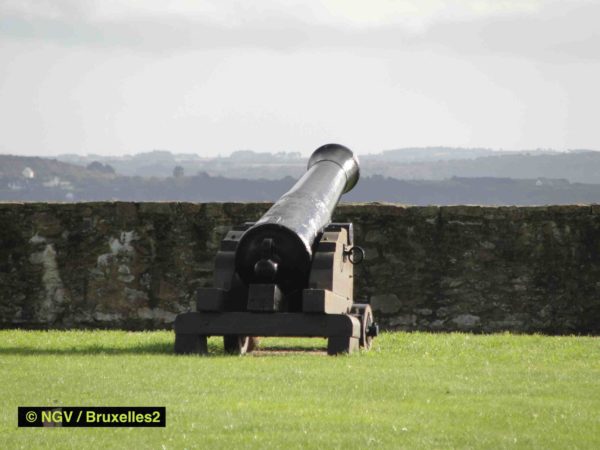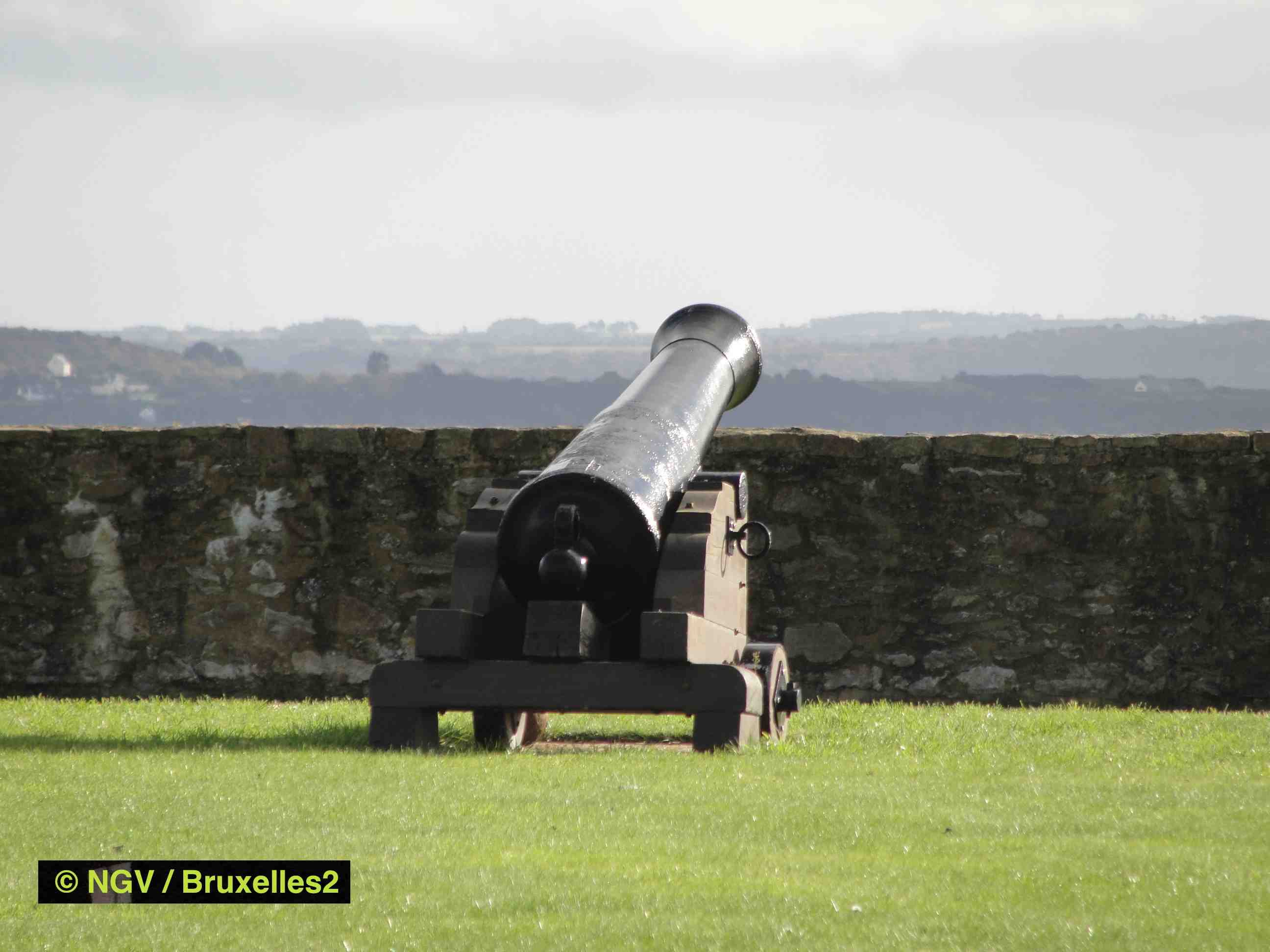A new division of labor in Europe?

(BRUXELLES2) The expression "all together in, all together out" often used for operations - notably by NATO in Afghanistan - seems well and truly dead. Assuming that it was one day respected, it no longer corresponds to a current reality in Europe. The new "strategy" is more a division of tasks. There is thus a certain distribution of roles between Europeans in relation to the risk of instability in certain parts of the African continent.
Some leave at the whistle, others support behind
It is up to the French to go "in force" to preserve a certain stability (Mali, Central African Republic or Chad yesterday), to enter first. To other European countries, the care of providing logistical support or even taking over later in a more multinational framework - European (EUTM Mali or EUFOR Chad) - or UN (MINUSMA). Some countries (UK, Germany, Italy, Netherlands...) ensure during this time, other missions, of less intensity, like that carried out in South Sudan to evacuate nationals and others (from which benefited several other European nationals... and French).
The essential role of the European Union
As for the European Union, it plays a non-negligible role that should not be overlooked. First, it finances the effort of Africans to reconstitute themselves and restructure themselves. A role that should not be taken for “zero”. Because it constitutes in a way the assurance that we will be able to leave more quickly... than in Afghanistan. It's everyone's exit strategy. It also finances humanitarian and development aid (leading donor to Syria, for example). Finally, it is the essential political sounding board that allows an operation to be legitimized or established. Without this political support, it is difficult today to carry out a "national" operation, without taking the risk of being criticized both nationally and internationally.
shadow theaters
We can complain about being "all alone" (Holland) or not "being informed" (Merkel), or even be alarmed by these European claims to equip themselves with certain defense tools (Cameron), it is more a political language intended for the national scene to justify a security positioning. It would be easier to say it clearly: the French love to go to the pipe-breaker, to be the precursors, to show the way (it's a very "Valmy" and French Revolution tradition). The others love to support... from afar. We can laugh that the Europe of Defense is an illusion or does not exist. We cannot automatically rejoice in this inventory. But we must take it into account and learn from it.
If France wants to keep this role while having part of the interventions financed by Europe, there is a fairly simple way: take permanent penalty on the battle groups. We would thus have a "battlegroup" of entry in first, of force, capable of the master stroke, fast. And a second battlegroup, for missions of less intensity such as "evacuation of nationals" or more "structuring" while waiting for the rise in power of a European or international operation. Both can be financed (a little) from a common budget. This is not quite the "concept" of battlegroups. But it is necessary to know how to stop the quarrels of dogmas. Anyway, that's the spirit. It is at this price that Europe will be able to both reconcile the differences of each other, while not remaining indifferent to the tragedies of the world and being more reactive.
Read also:


So France should take charge of all EUWGs… It is true that if the other Member States see the risk of having to send their troops ruled out, that could make the decision easier. In addition, in fact, part of the cost would be shared. But only a part… It would also be a question of finding partners who are willing and able to take part in this WG, because contrary to what one might say about “experts”, France can no longer provide a WG permanently ( it's mathematical), but that's another problem (LPM…).
Let's sum up: capable and willing MS, a blank check at 28, partial funding from common funds… it's called a CSP! However, the CSP is all well and good, but there is a great principle that bears the brunt of it in passing: the principle of solidarity would not be correctly translated by the assumption of responsibility – far too limited – of part of the costs of the deployment . Again, it's math.
But let's be clear: France has nuclear weapons (and remember Cherbourg, the speech, which also speaks of an umbrella); France intervenes and not the others; France pays to the EU and NATO, with good grace (a bit more math: how much does a deployment for a major Steadfast Jazz type exercise cost France?).
One can be pro-EU (this is my case) and like you despair of the CSDP's lack of military dynamism. We cannot constantly ask the French taxpayer to assume the cost of these convictions which, once again, are good, but place our fellow citizens in inequality compared to countries which have voluntarily withdrawn into themselves, except when it suits them.